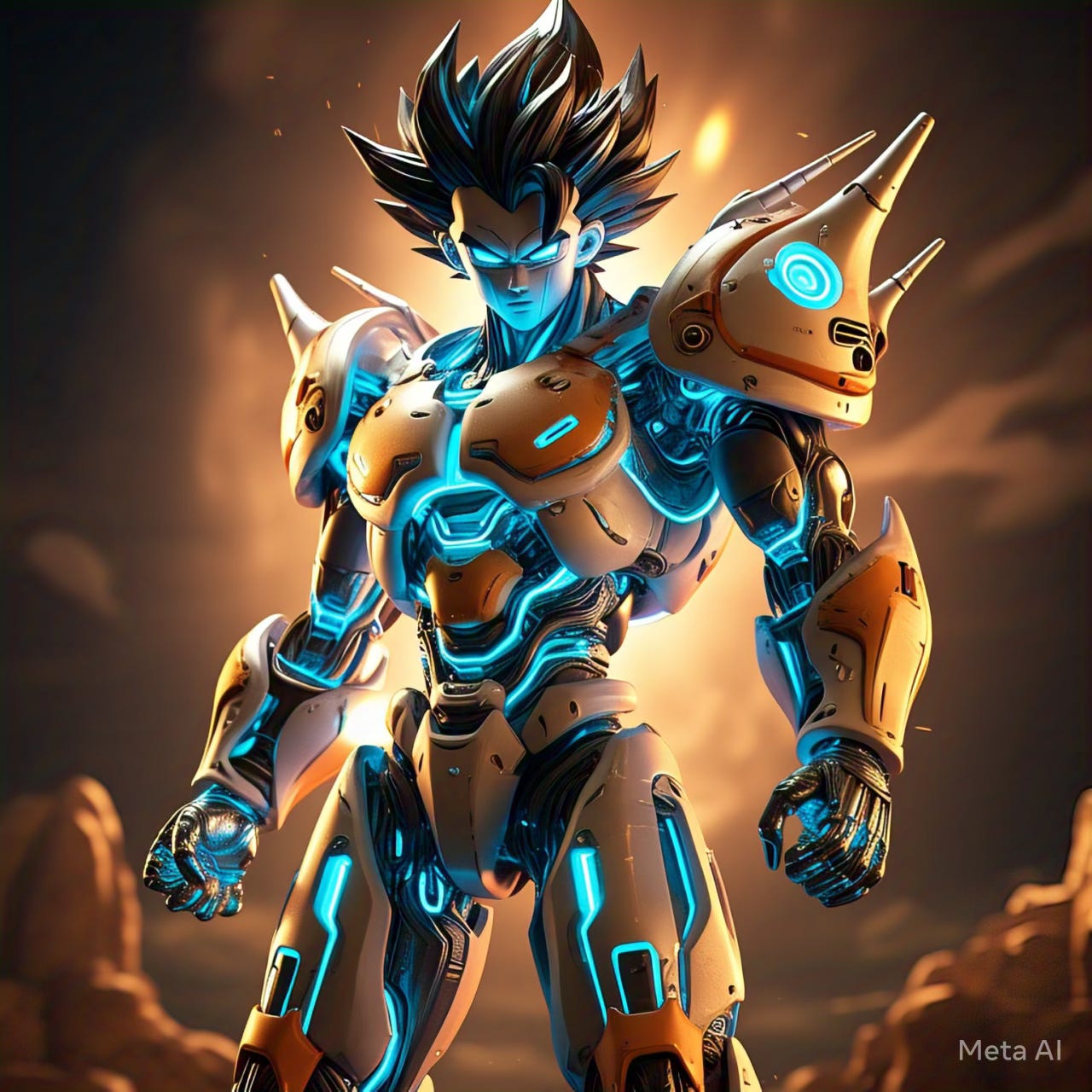Goku, A Chinese Open-Source Model, Challenges Sora, Runway, Veo 2, And More
A specialized version, Goku+, focuses on creating authentic-looking advertising clips featuring humans and products, which ByteDance says could reduce video ad production costs by 99 percent.
ByteDance launched Goku, an advanced AI model for image and video generation. The Chinese tech company's latest AI models can generate realistic videos of people interacting with products, potentially transforming how companies create advertising content. However, it also lowers the barrier for businesses to create value.
Goku produces high-quality visua…
Keep reading with a 7-day free trial
Subscribe to Neural News Network to keep reading this post and get 7 days of free access to the full post archives.

